About the author: The path of mysticism branches off into many separate manners and traditions; however, all the followers of this path seek the fundamental truth behind the beauty of divine love and power and devote their whole lives to the pursuit of union with God. Our friend, Junaid, is from the UK. He has a keen interest in the way of the mystics, particularly the Sufi mystics of Iran, and has read into their history. His teacher, a devotee of Sufism, introduced him to the life stories and quotes of the mystics from a young age. He believes that he has been inspired and humbled by them ever since. He has written this article for ‘Visit Our Iran’ audience after traveling to Iran and experiencing “its unfathomable beauty” in 2019. Junaid has also written an article to introduce some of the most prominent mystic figures in Iran.
*Please note that some of the historical references and claims in this article might be a matter of debate among different sects of Islam and is the author’s personal opinion.
The Influence of Mysticism on Literature and Poetry
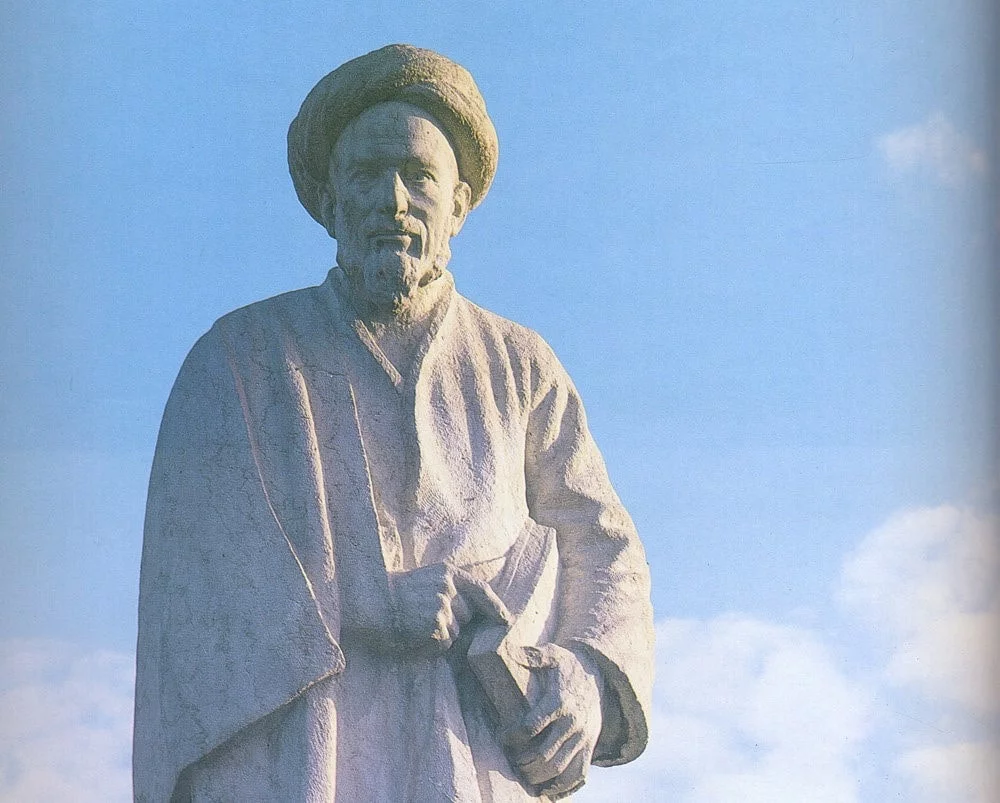
A key feature of the Persian language is the fact that little has changed over the more than a thousand years of its existence as a literary language. Therefore, the poems of Roudaki, the famous early Persian poet, who left this world in the year 941 CE, are understood by even the modern reader. Persian literature has also been dominated by poetry, and Sufism in particular inspired a vast array of mystical poetry. Almost every great lyric poet in classical times was a follower of Sufism. The impact of Sufism on Persian literature was so fundamental that Persian literature would have likely remained for many centuries confined to court literature.
Sufi mystics would express their experiences, states, and teachings in Persian and much poetry was derived from the Persian language. The works of Hafez Shirazi, Saadi Shirazi, and Fariduddin Attar enabled the lower classes to be heard and given a voice in literature.
In this blog, I will introduce you to some of the most prominent Mystical figures who turned out to be notable figures in literature and poetry as well:
Fariduddin Attar
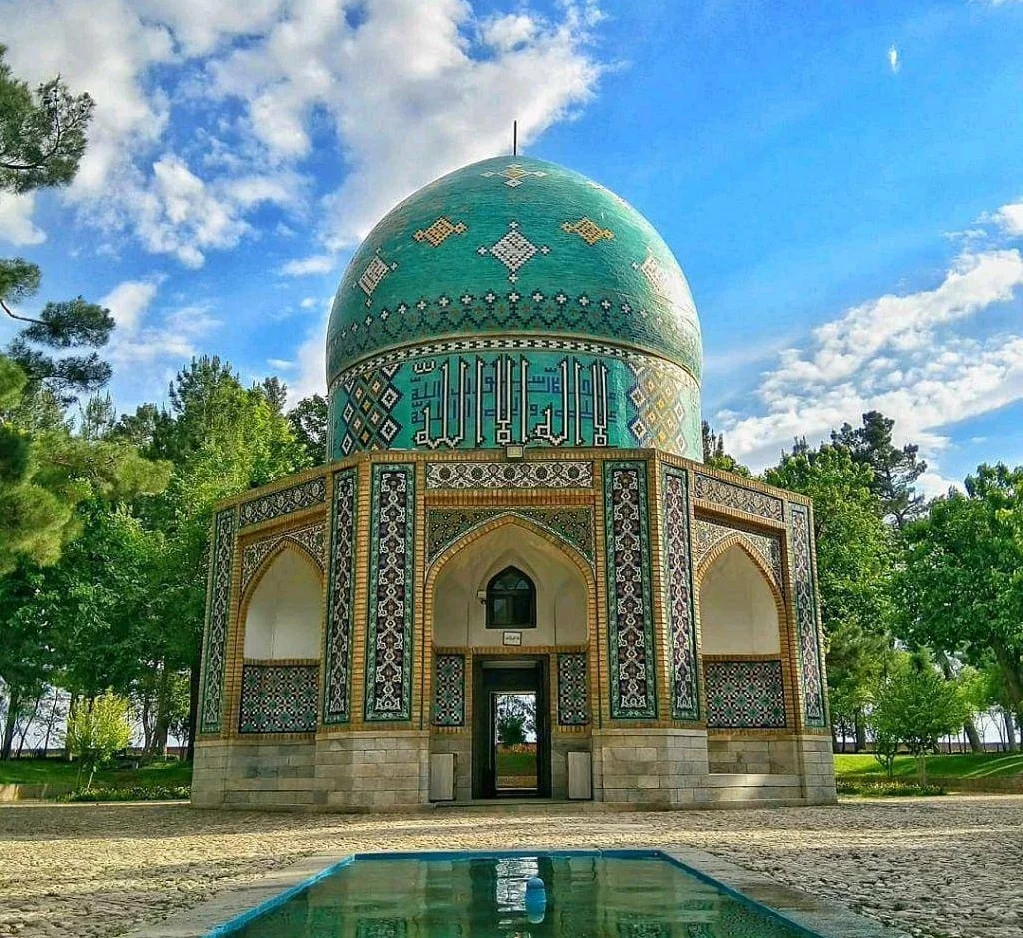
He was born in Nishapur, Northeast Persia (in the Iranian province of Khorasan) in around 1142. He worked as a healer and is considered one of the greatest mystical poets. It is said that he saw as many as 500 patients a day in his shop prescribing herbal remedies prepared by himself. He left his profession to travel and focus on the ultimate purpose of discovering oneself. This was after encountering an enlightened Sufi shaykh in his shop, ultimately inspiring him to perform a spiritual pilgrimage.
His greatest work Mantiq al-Tair (The Conference of the Birds), is a symbolic story of the soul’s search for truth and is considered a masterpiece of Persian literature. In this book, he outlines the human’s journey towards perfection and unity with God through a mystical account of birds attempting to undertaken journeys through 7 valleys (each representing a human vice) to meet Simorgh, a mythological leader of Birds.
Attar also wrote Tazkirat al-awliya, a hagiographic collection of Muslim saints and mystics. Attar trusted that the blessed influence of the saints might be vouchsafed to him and bring him into happiness; he occupied himself with their sayings and life stories in the hope that he could himself resemble them. He is now buried in Nishapur and is a source of tranquility for many devotees and readers.
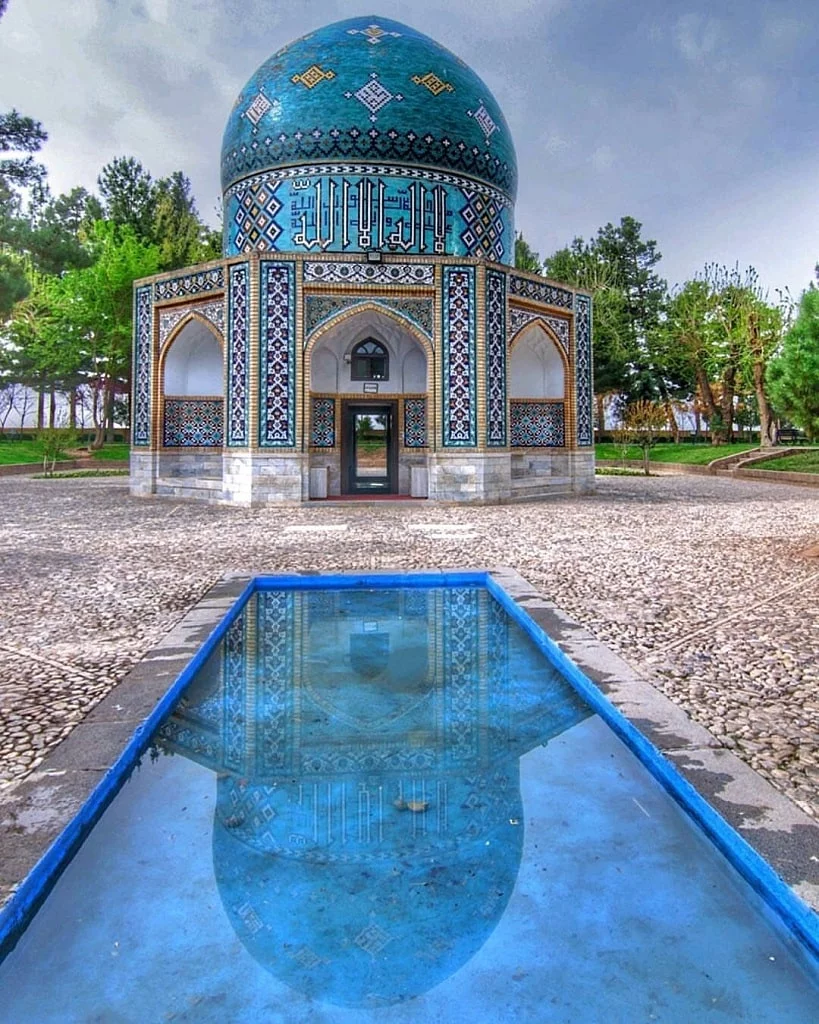
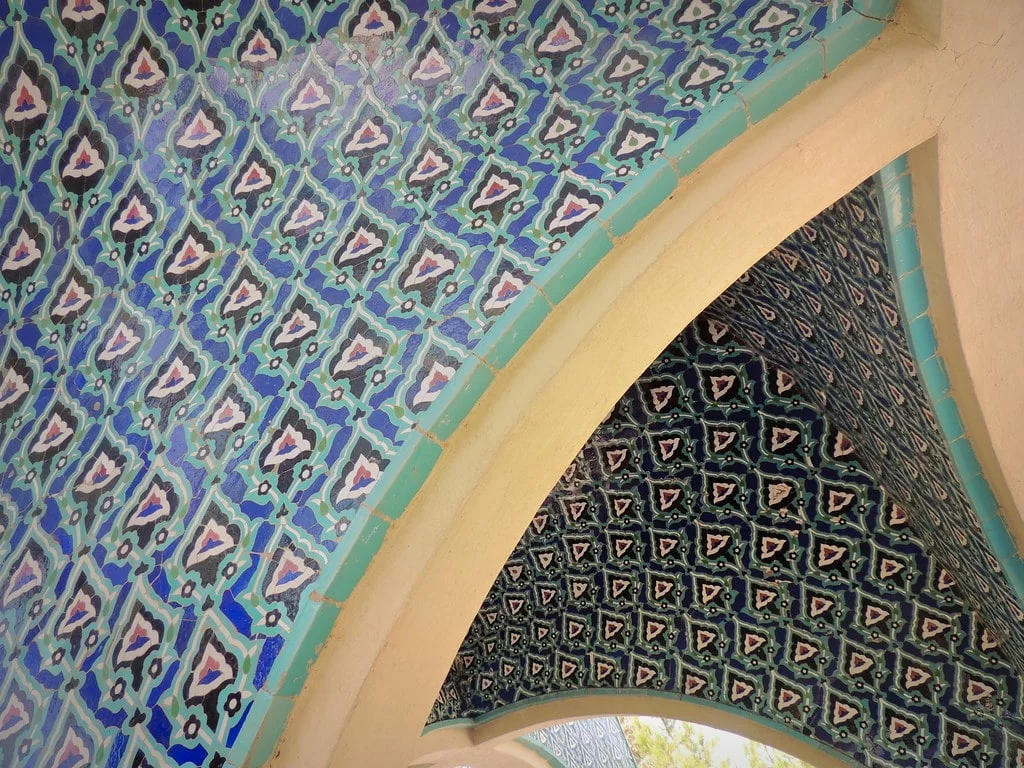
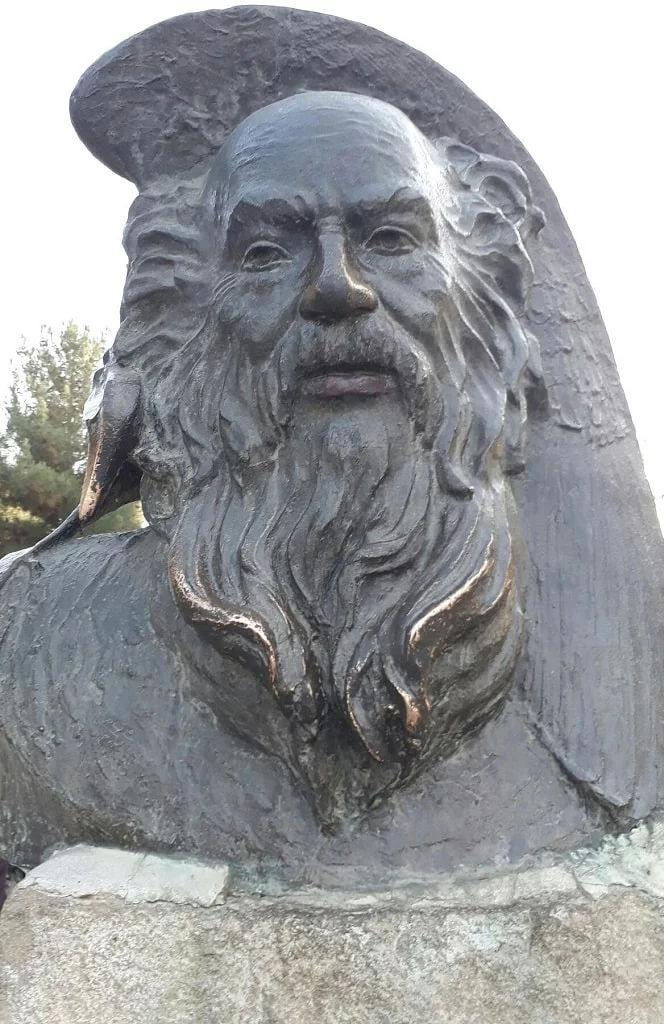
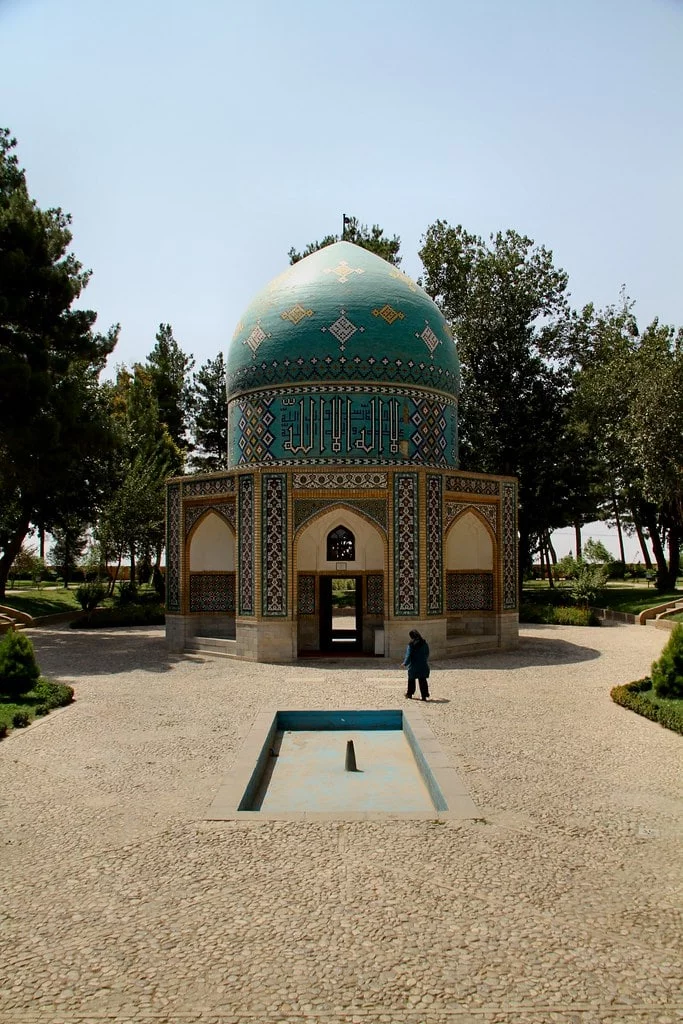
Some of his most famous quotes are outlined below:
In the dead of night, a Sufi began to weep.
Fariduddin Attar
He said, “This world is like a closed coffin, in which
We are shut and in which, through our ignorance,
We spend our lives in folly and desolation.
When Death comes to open the lid of the coffin,
Each one who has wings will fly off to Eternity,
But those without will remain locked in the coffin.
So, my friends, before the lid of this coffin is taken off,
Do all you can to become a bird of the Way to God;
Do all you can to develop your wings and your feathers.”
Let love lead your soul. Make it a place to retire to, a kind of monastery cave, a retreat for the deepest core of your being.
Fariduddin Attar
The Sea
Will be the Sea
Whatever the drop’s philosophy.
Join this experience and embark on a Mystic pilgrimage in Iran. You can observe and follow the trace of history and take the paths taken by Persian Mystic figures, visit their mausoleums and learn about their beliefs.
Saadi Shirazi
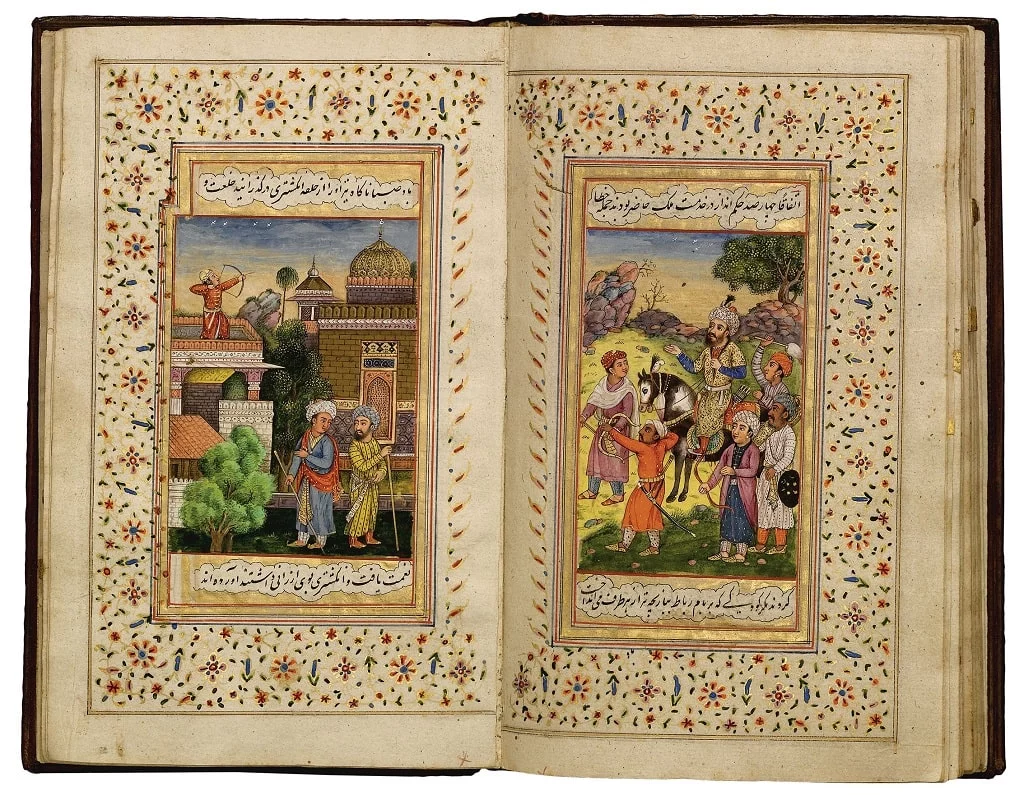
Saadi was born in Shiraz in the 13th century. His name was derived from that of a local prince, Sa’ad ibn Zangi. He studied at the famous Al-Nizamiyya of Baghdad, the center of learning at the time. During his studies, he excelled in Islamic sciences, law history, governance, and literature.
At the time of the invasion by the Mongols of the Fars province, he left Shiraz to explore the world and visit foreign lands. He managed to visit Anatolia, Syria, Egypt, Iraq, Jerusalem, Medina, and Mecca. Under the Mongol invasions, he was compelled to live in isolated refugee camps for more than twenty years, where he met bandits, Imams, merchants, farmers, intellects, scholars, mystics, and ordinary people. He was said to have lived much of his life as a wandering dervish, seeking knowledge, meditating, and spending time with mystics.
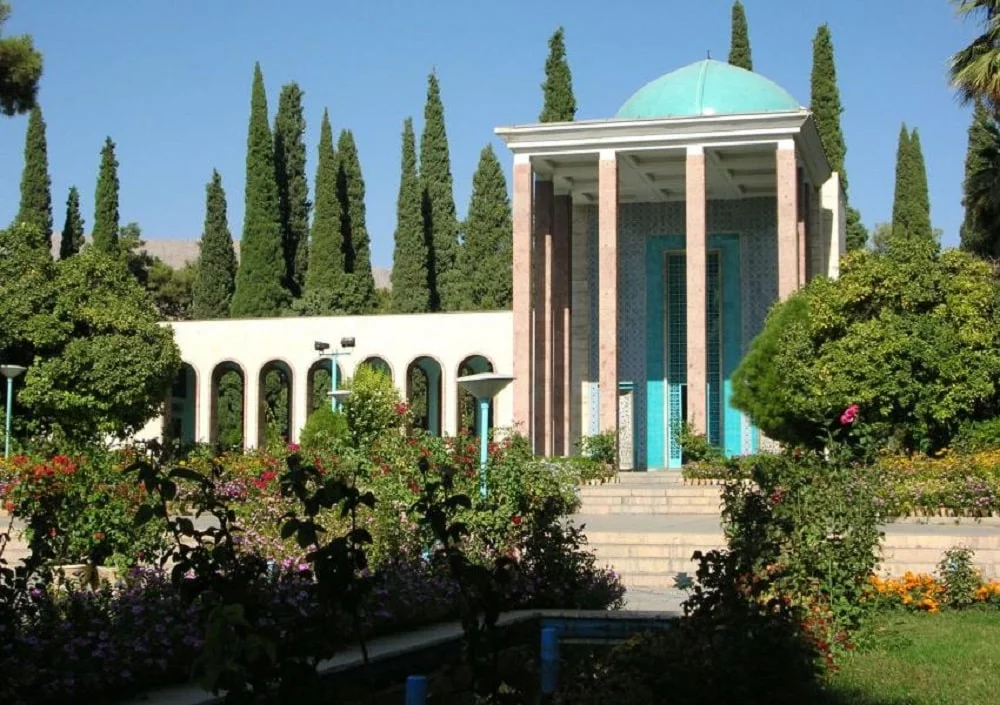
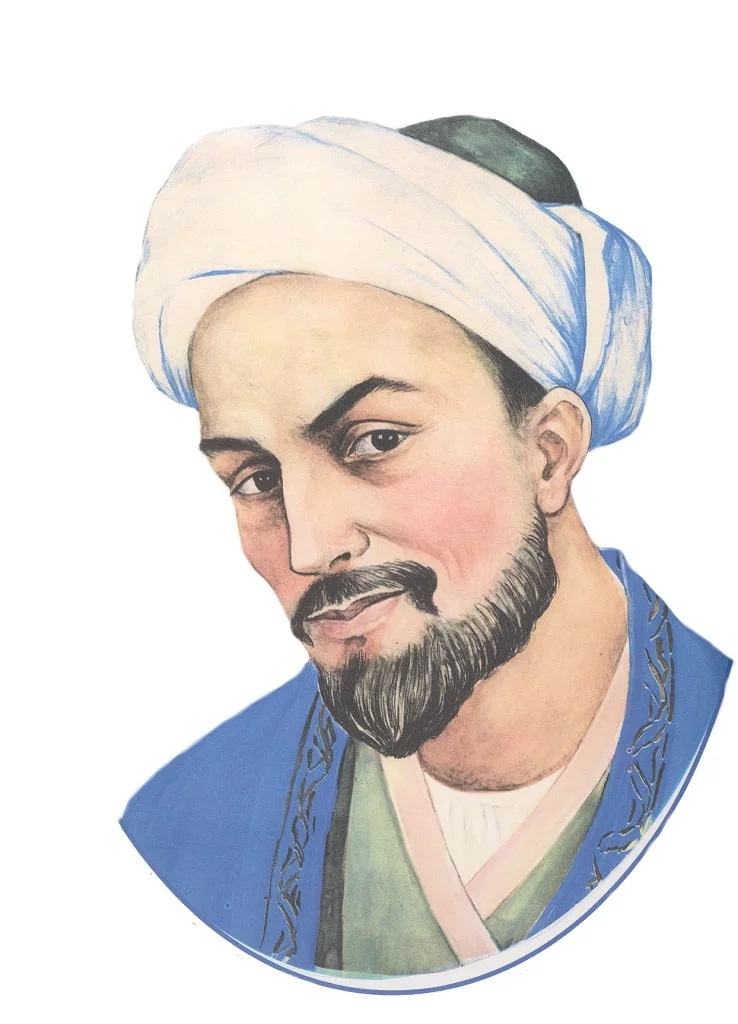
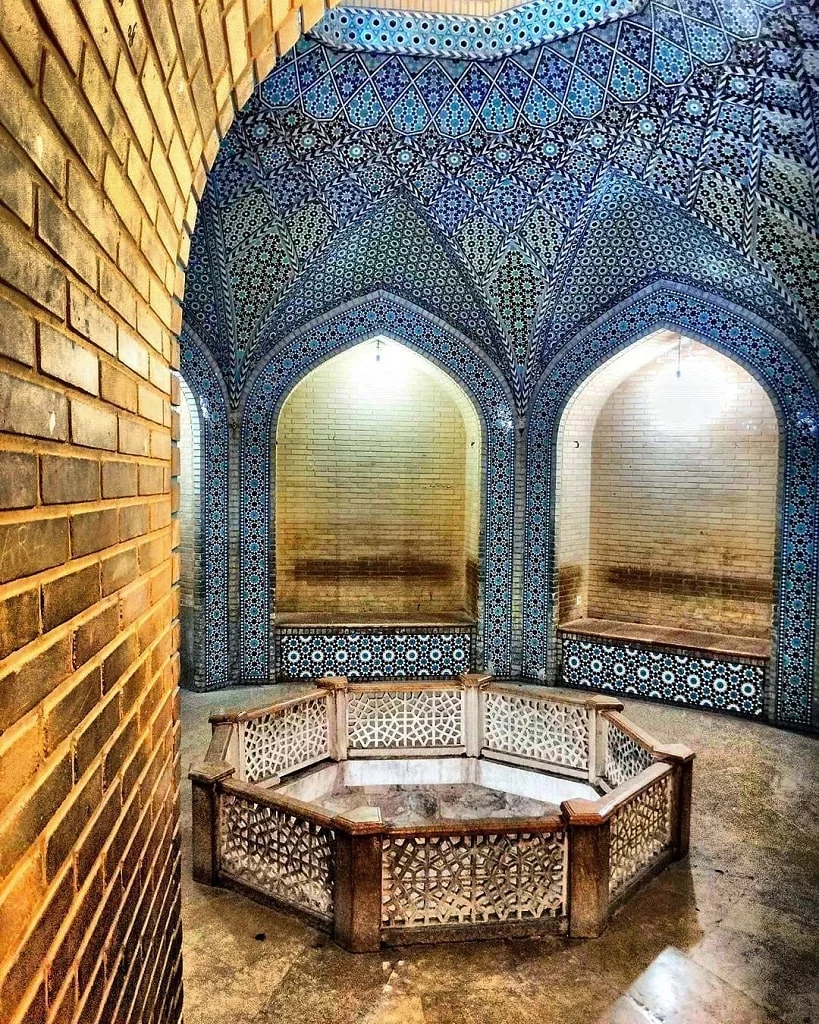
For many years Saadi would advise people, learn, provide sermons to reflect the wisdom he had attained. Saadi’s works reflect upon the lives of ordinary Iranians suffering from displacement, plight, agony, and conflict during the turbulent times of the Mongol invasions.
He finally returned to Shiraz in his late forties and was greatly respected by the ruler and people. He continued to guide and offer wisdom to a wide variety of people.
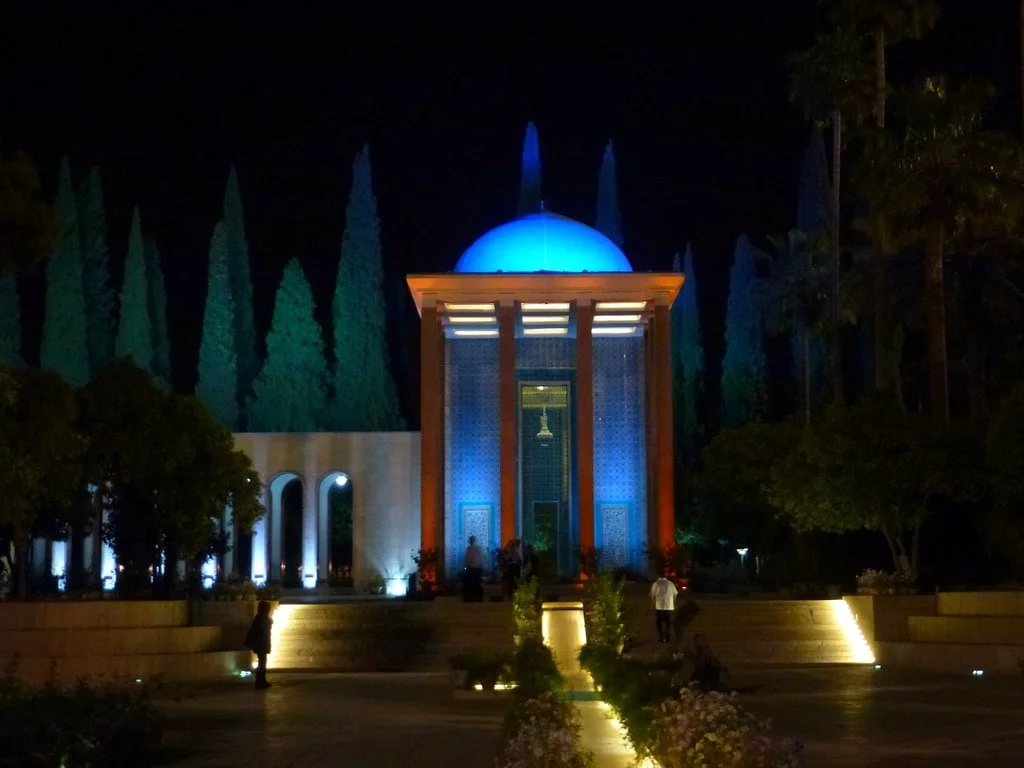
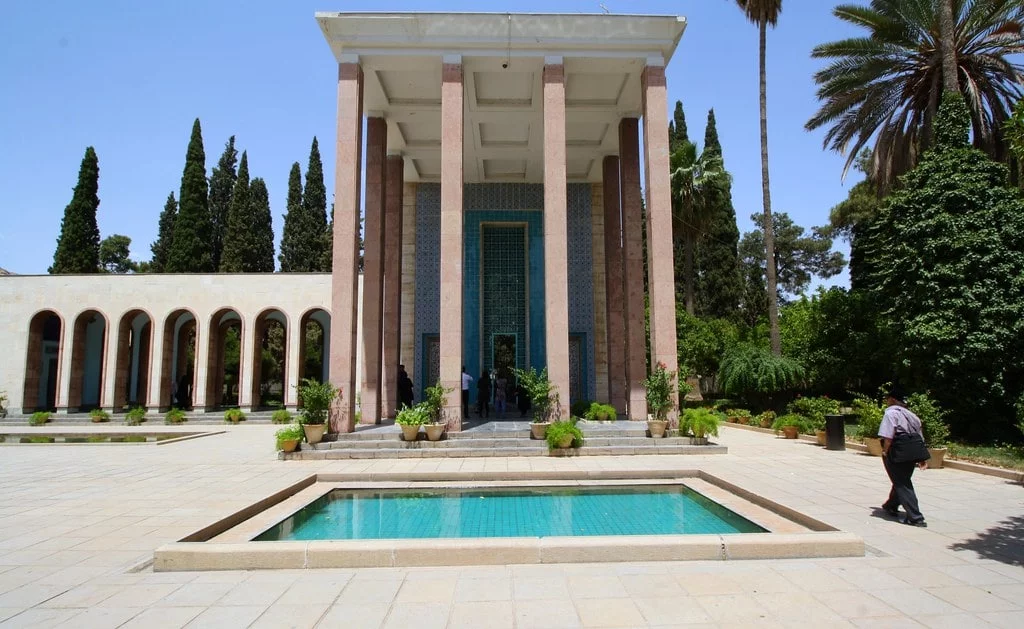
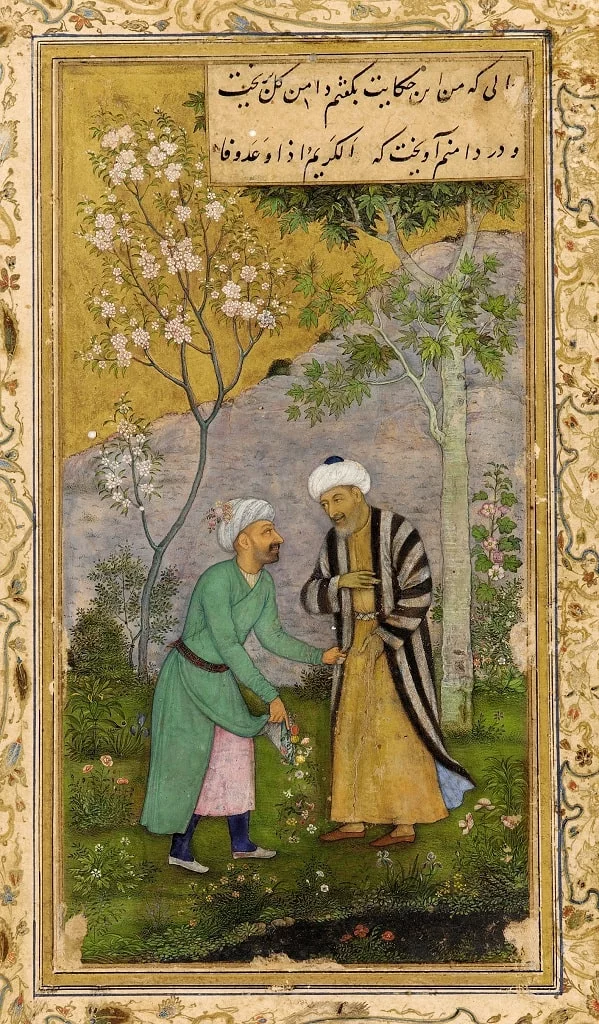
When Sheikh Saadi Shirazi started writing his most famous Rubai in praise of the Prophet ﷺ, he couldn’t write the final verse. While working on it, he slept. In his dream, he saw the Prophet Muhammad ﷺ along with his companions. He asked Saadi why he looked troubled. Saadi replied that he didn’t know how to finish his Rubai. The Prophet ﷺ asked him to recite it for him. So he did:
“Balaghal-ulabe-Kamal-e-hi (بلغ العلی بکماله)
Kashafad-dujabe-Jamaal-e-hi (کشف الدجی بجماله)
Hasunat jamee’u Khisaal-e-hi.” (حسنت جمیع خصاله)
The Prophet ﷺ added the final verse by reciting:
“Sallu alae-hi wa Aal-e-hi.” (صلو علیه و آله)
Therefore, this Rubai, written by Shaykh Saadi and was completed by Hazrat Muhammad ﷺ himself. The translation is:
He attained exaltation by his perfection, He dispelled darkness by his beauty, Beauteous are all his qualities, Benediction be on him and on his family.
Hafez Shirazi
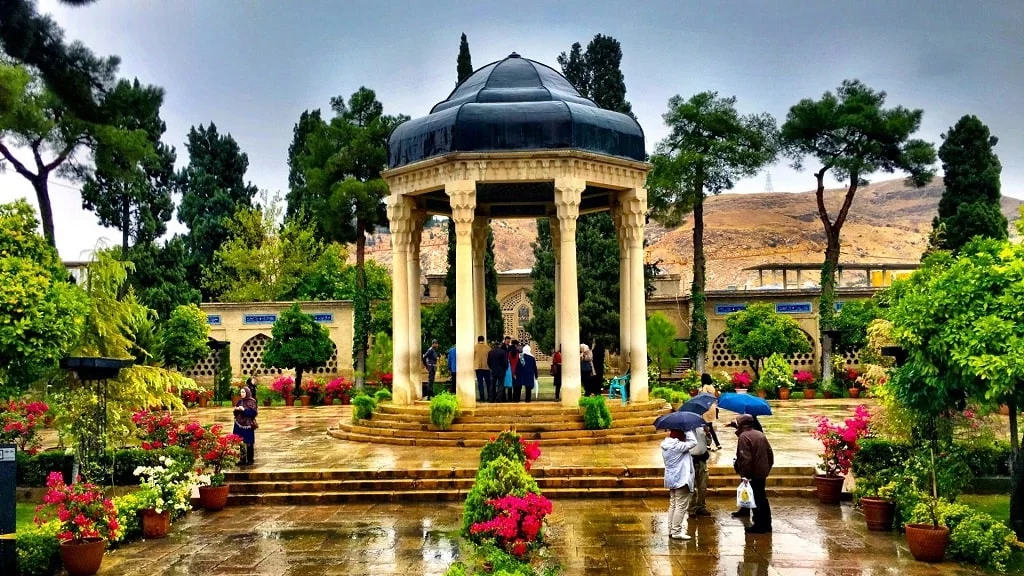
Khwaja Shamsuddin Mohammed Hafez Shirazi was born in 1319 in Shiraz in South-Central Iran. He had memorized the Quran as a child by listening to his father’s recitations and accordingly gained the title of Hafez. He had also memorized many poems of Saadi, Attar, and Mevlana Rumi.
He was brought up in a life of poverty and left school to work in a drapery shop and then in a bakery. As part of his work for the bakery, Hafez delivered bread to a wealthy quarter and encountered a woman of incredible beauty and became wholly besotted with her. However, given her status as his status, the love was unrequited. In pursuit of attaining his beloved, there was a legend that if one kept a 40 day and night vigil at the tomb of Baba Kohi, one’s wishes would be granted. Without hesitation, he did this and at the end of the vigil, he encountered an Angel who asked him what he wanted. However, Hafez was entirely struck by this being of divine beauty and led him on to beginning his mystical path of realization, in pursuit of spiritual union with the divine.
Longing for complete union with God, at age 60 he undertook another 40-day-and-night vigil by sitting in a circle drawn for himself. On the morning of the 40th day of the vigil, he attained cosmic consciousness and God realization. He composed more than half of his ghazals after this experience and much of his poetry expresses the divine union with God.
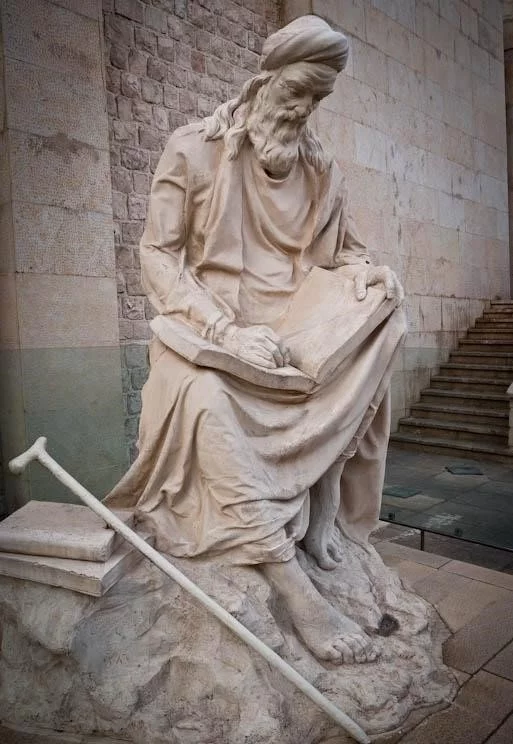
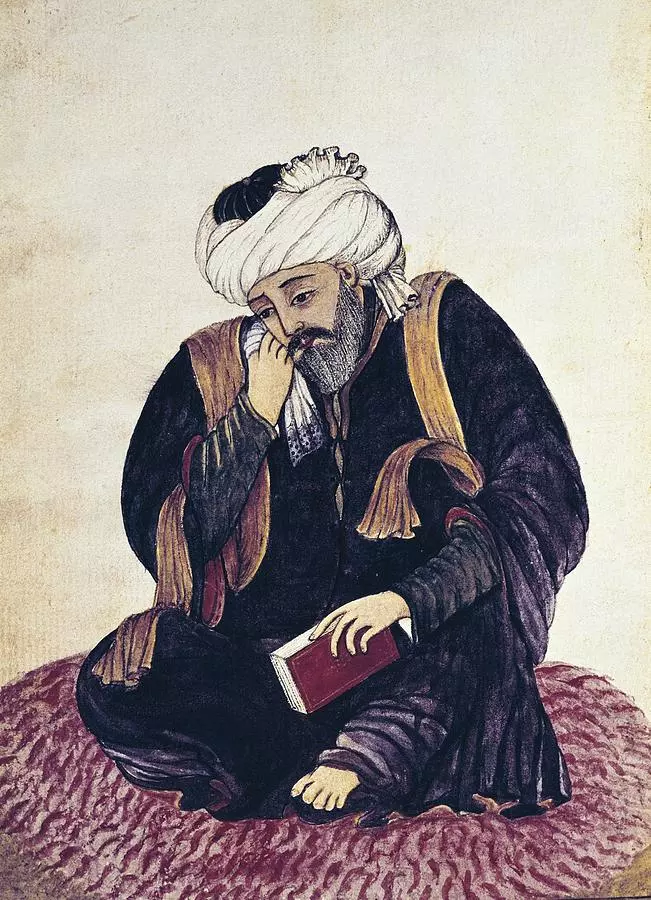
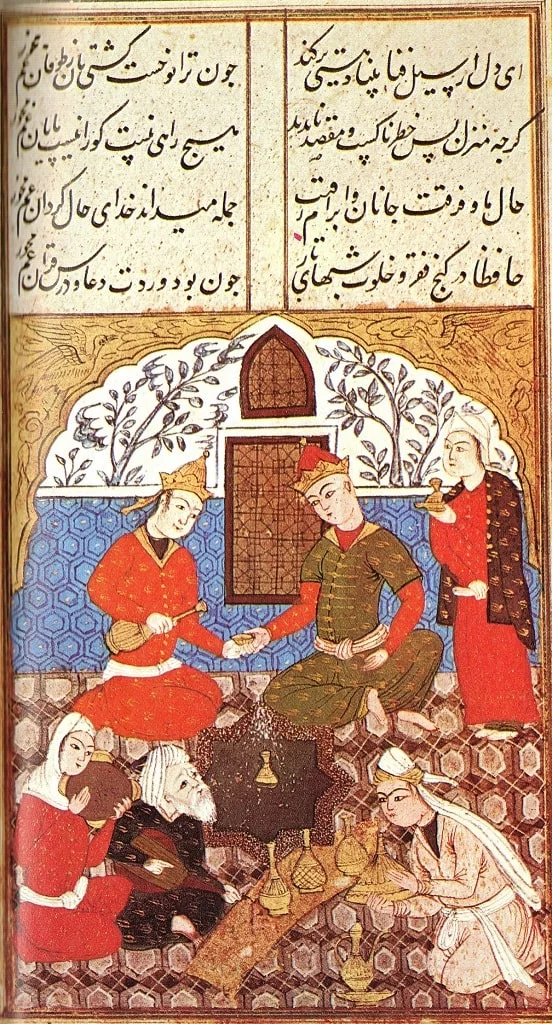
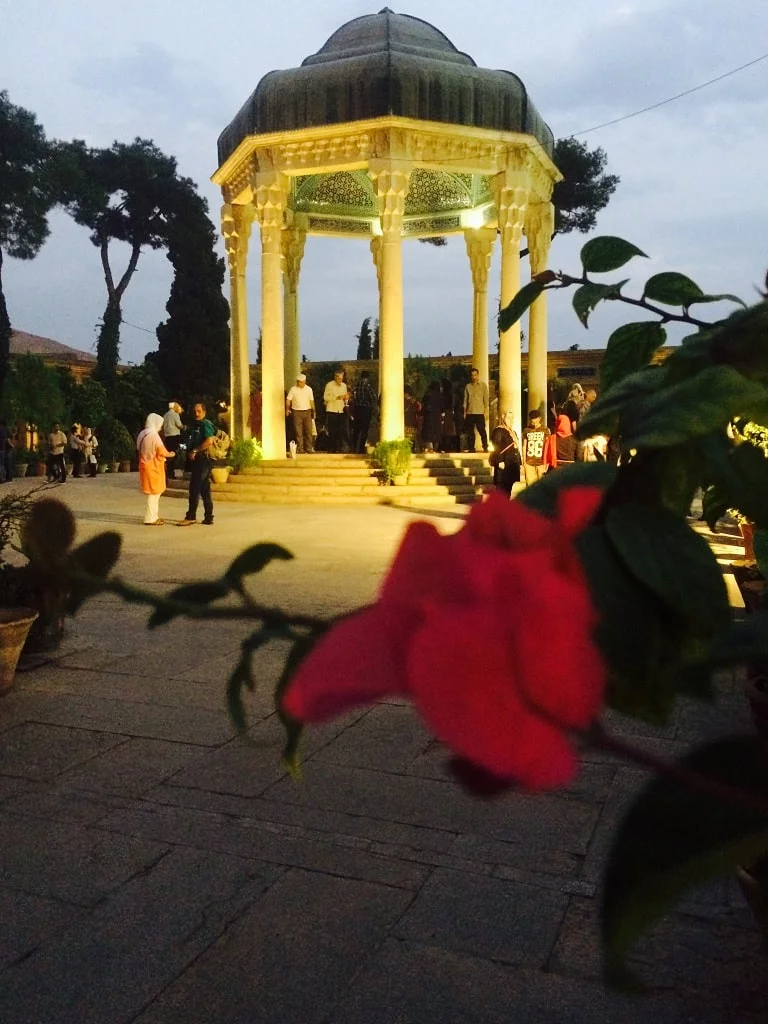
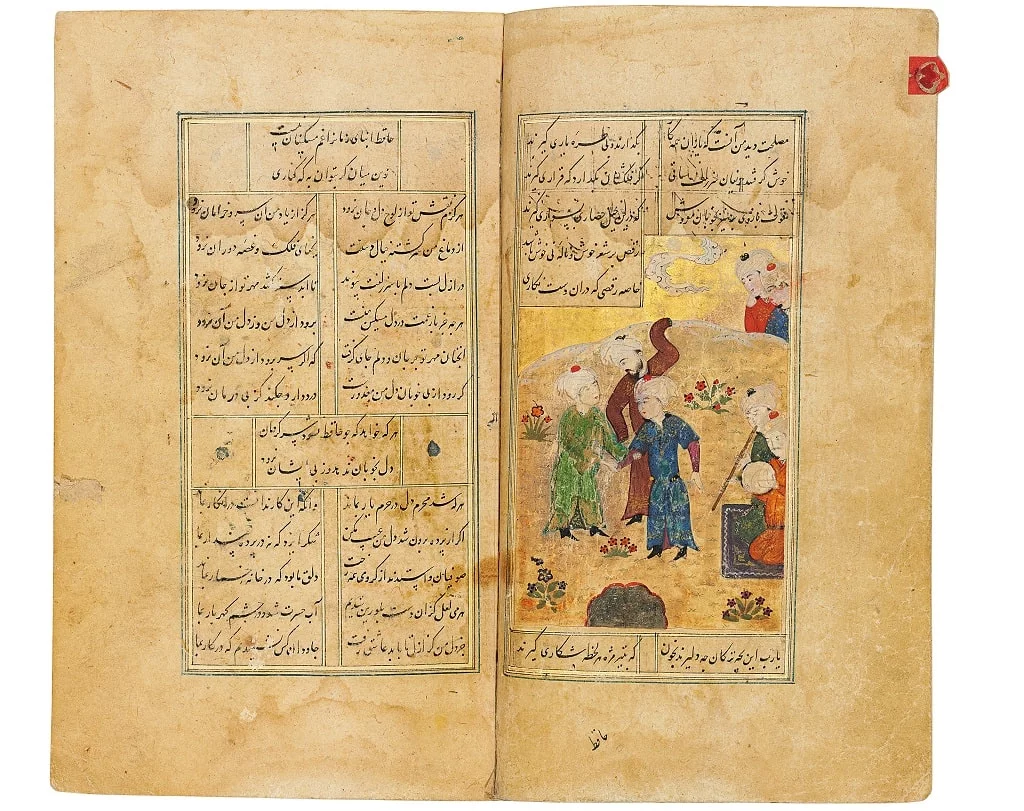
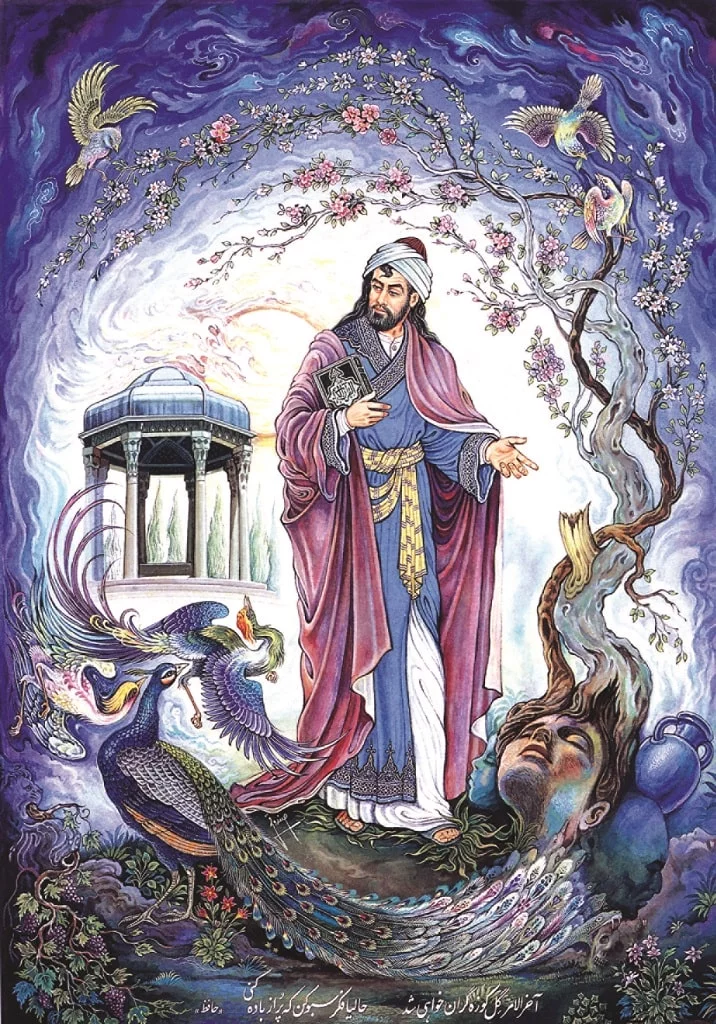
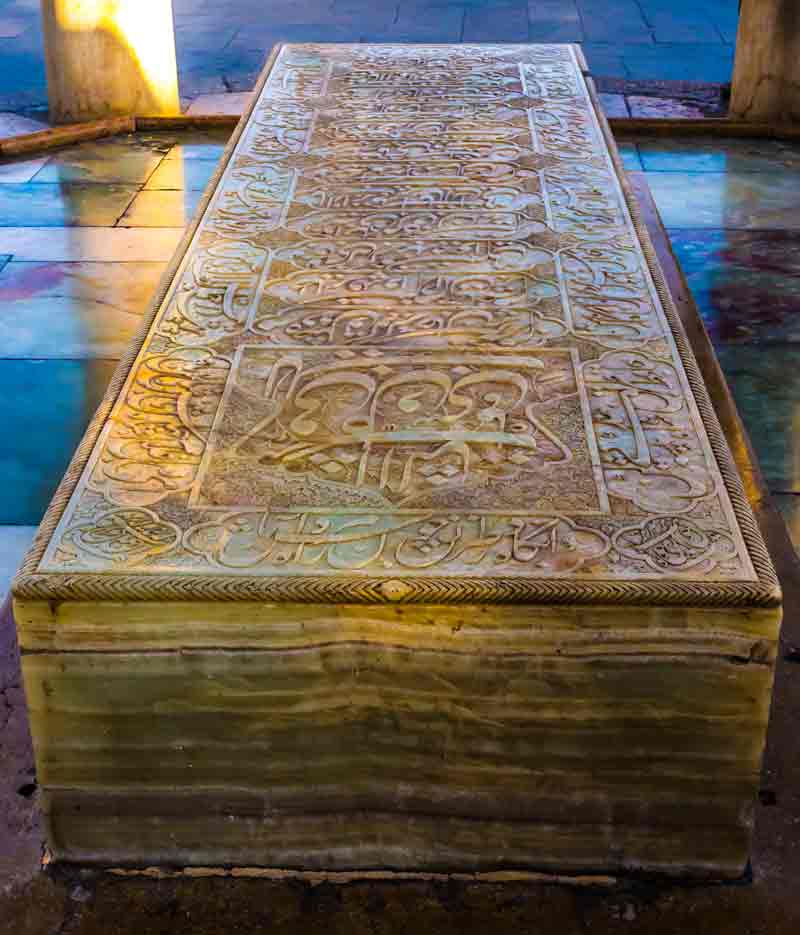
Some of his most famous quotes are outlined below:
My life is like a candle, that has burned all night and has burned away. And like the burned moth, I will not rest until I see the light of day.
I wish I could show you the astonishing light of your own being.
Even after all this time the sun never says to the earth, “you owe me”. Look what happens to a love like that, it lights up the whole sky.
I once asked a bird, how is it that you fly in this gravity of darkness? The bird responded – ‘love lifts me.’
Abul Hassan al-Kharqani
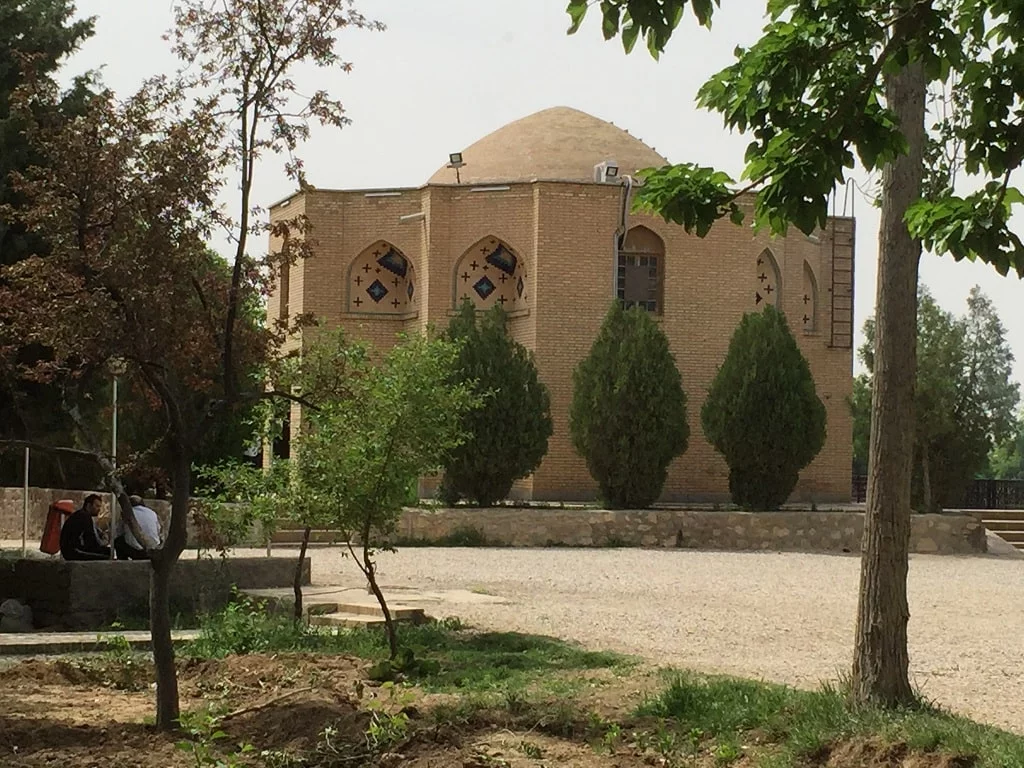
Abu ‘l-Hassan was born in 963 (352 Hijri year) from Persian parents in Khorasan in a village called Qaleh Now-e Kharaqan (today located in Semnan Province, Iran near Bastam) and died on the day of Ashura in 1033 (10th Muharram, 425 Hijri).
He was the disciple of Abul-Abbas Qassab Amoli but claimed a deep spiritual relation with Bayazid Bastami, a well-known Sufi Master who passed on almost a century before him but had spoken about the personality and state of Kharaqani.
He devoided himself of everything except Allah’s Oneness, refusing for himself all titles and aspirations. He would not be known as a follower of any science, even a spiritual science, and he said: “I am not a Rahib (hermit). I am not a Zahid (ascetic). I am not a speaker. I am not a Sufi. O Allah, You are One, and I am one in Your Oneness.”
At the entrance of his house, he had the following message: Whoever enters my place, feed them without asking about their faith because if God saw them worthy of the gift of life, then they are certainly worthy of being fed at the house of Abul Hassan. At the house of Aboul Hassan, none is distinguished by their color of skin or their race.
The book Noorul-Uloom (The light of Sciences) is dedicated to Shaikh Abul Hassan Kharaqani. It is believed to have been written by his disciples (murids) after his death. Its single manuscript copy is currently held in the British Museum.
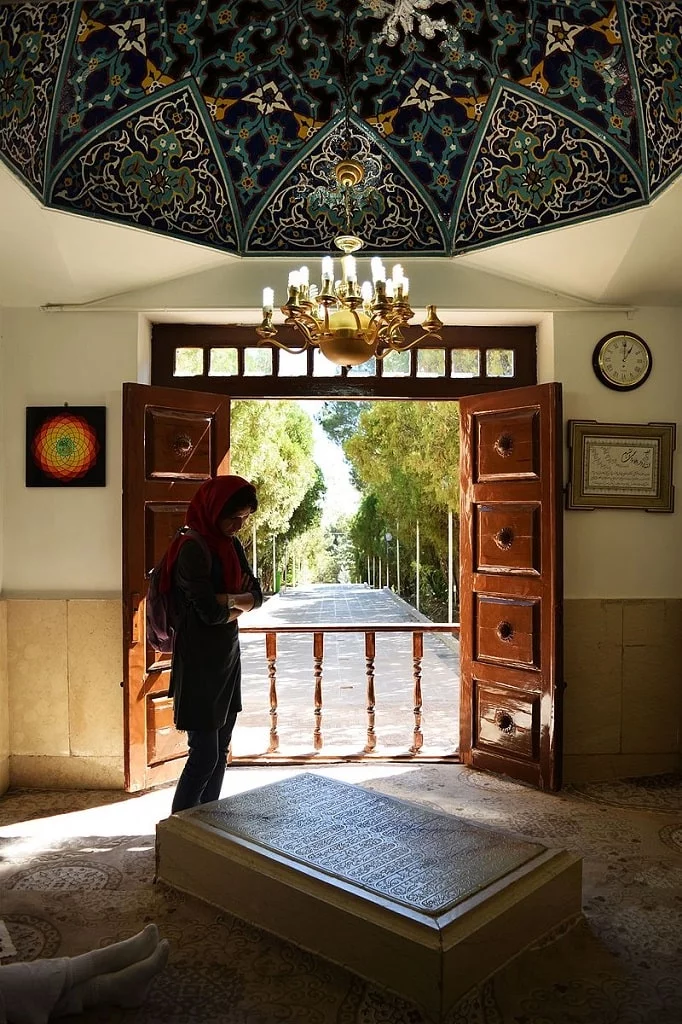
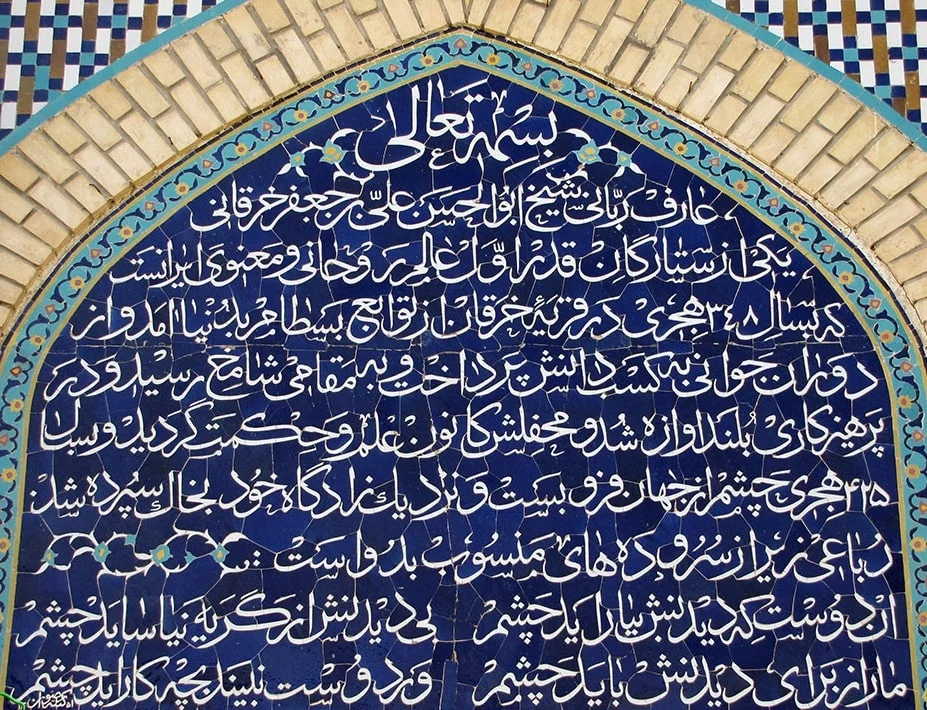
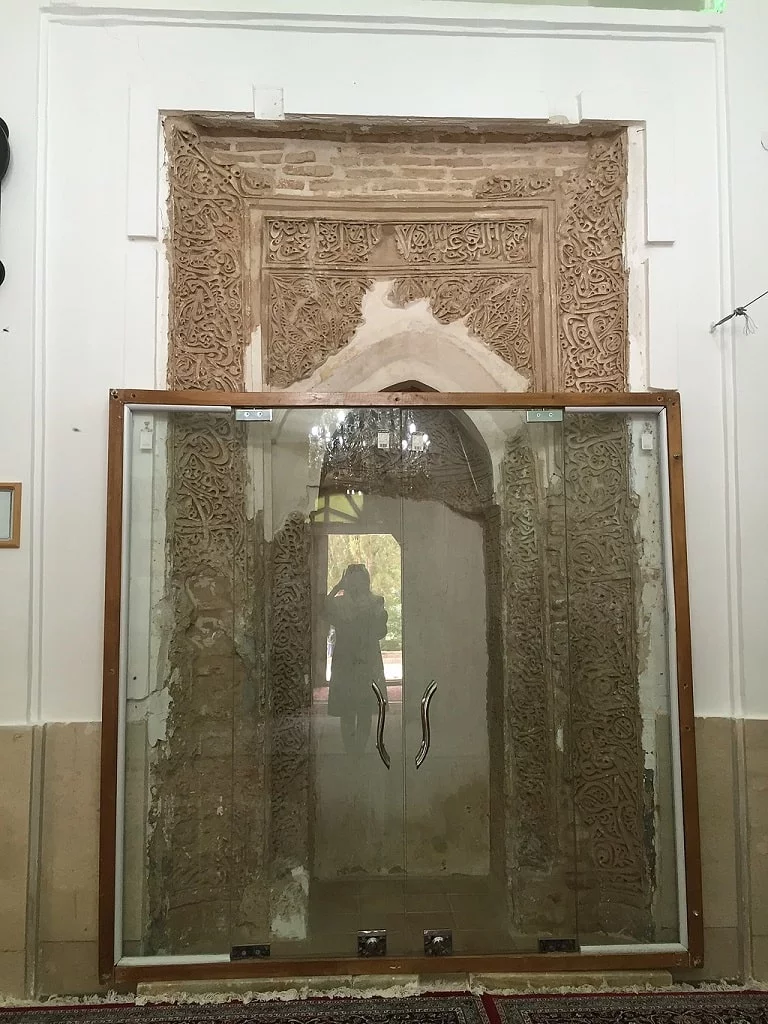
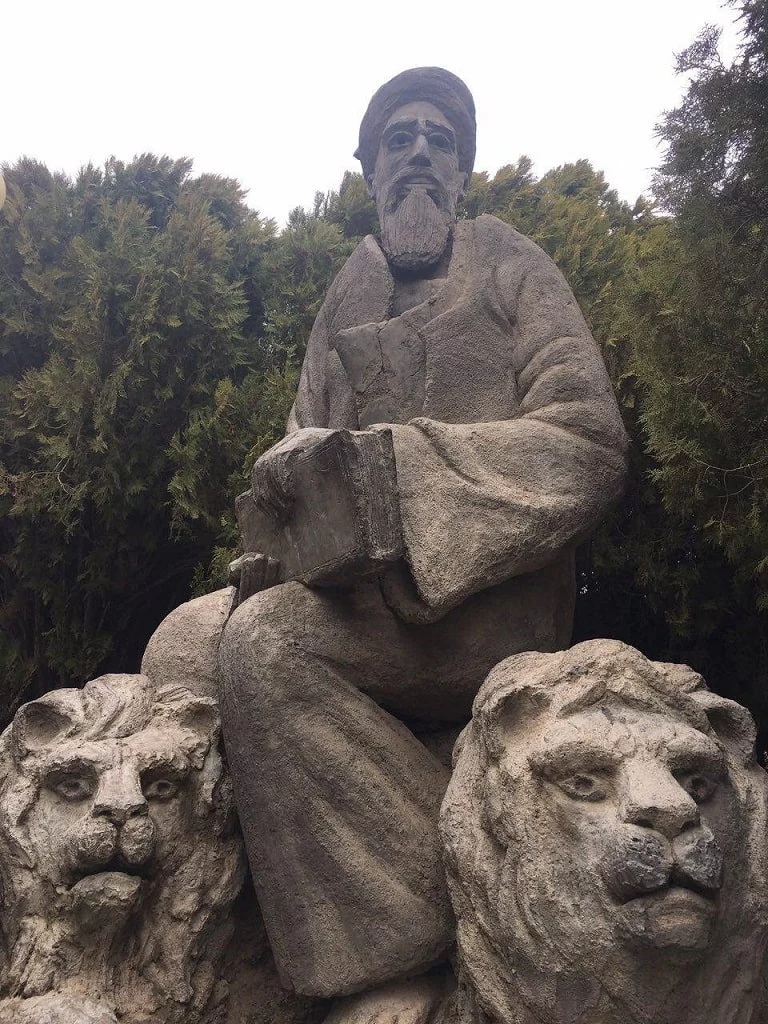
Some of his famous quotes are as follows:
Choose surrender, and your journey home will be short.
Imagine if Heaven and Hell did not exist, then we would see who really worships you, oh Lord.
Whoever finds the Beloved does not remain, those who find the Beloved do not die!